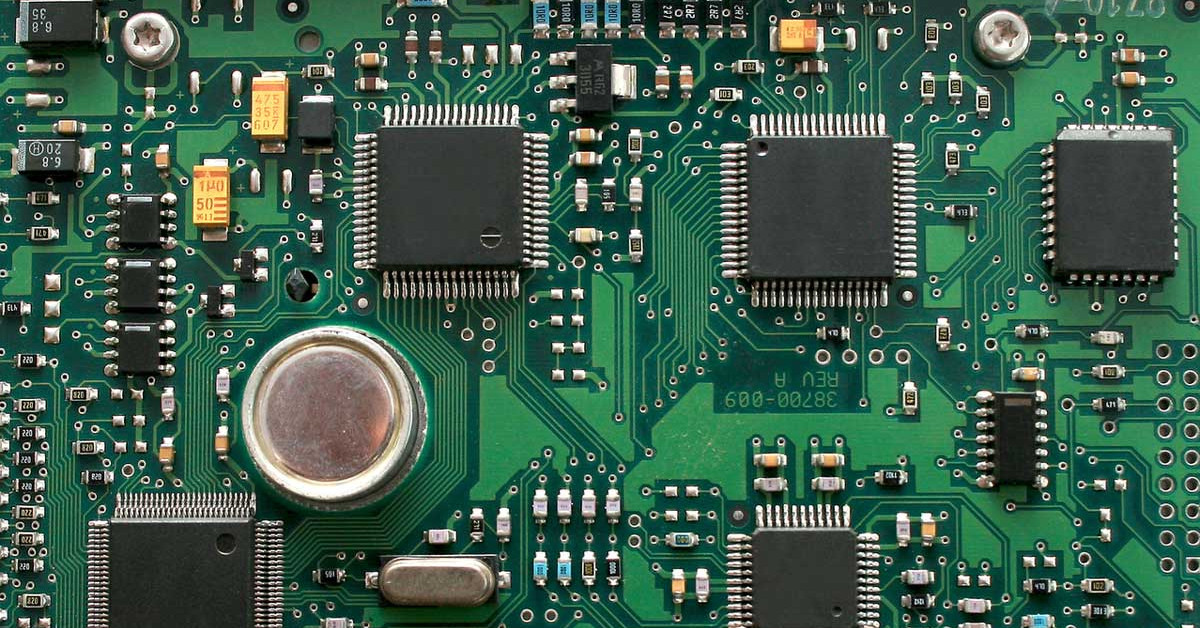Electronics refers to the branch of technology concerned with the design, development, and use of devices and systems that make use of the flow of electric charge to perform various functions such as processing, communication, and control. It encompasses a wide range of fields including electrical engineering, computer engineering, and telecommunications, among others.
At the heart of all electronic devices and systems are components called electronic circuits. These are made up of individual components such as resistors, capacitors, and transistors, which are connected together in a specific way to perform a specific task.
Resistors are passive components that resist the flow of electric current and are used to control the amount of current flowing in a circuit. Capacitors store electrical energy and are used in a variety of applications such as filtering, energy storage, and power conditioning. Transistors are active components that can control the flow of current in a circuit and are used to amplify signals, switch signals on and off, and perform other functions.
Another important component in electronics is the integrated circuit (IC), which is a miniaturized electronic circuit that is constructed on a small piece of semiconductor material. ICs are widely used in a variety of electronic devices such as computers, cell phones, and televisions.
Digital electronics deals with the design and implementation of electronic systems that operate using binary code, with signals represented as two states (0 or 1). Digital signals are used in a wide range of applications such as computers, digital communication systems, and control systems.
Analog electronics, on the other hand, deals with the design and implementation of electronic systems that operate with continuously varying signals. Analog signals are used in applications such as audio systems, instrumentation, and control systems.
Communications electronics deals with the transmission of information over distances through various mediums such as wired or wireless communication networks. This field encompasses areas such as telecommunications, data communication, and computer networks.
In recent years, the field of electronics has seen tremendous growth and advancement, particularly in the areas of microelectronics, computer hardware, and telecommunications. The rapid development of new technologies has led to the creation of a vast array of electronic devices and systems, including smartphones, laptops, tablets, smart homes, and wearable devices, among others.
The field of electronics is constantly evolving, and new technologies and innovations are being developed to meet the growing demand for smaller, faster, and more powerful electronic devices. The development of new materials, such as graphene and other two-dimensional materials, has opened up new possibilities for electronic devices, and researchers are working to create new electronic components and systems that will revolutionize the way we live and work.
Electronics is a rapidly advancing field that plays a critical role in many aspects of modern life. It encompasses a wide range of disciplines and applications, and its impact on our world is growing every day. Stick with Technology Explained to learn more about interesting things every day!

Leave a Reply